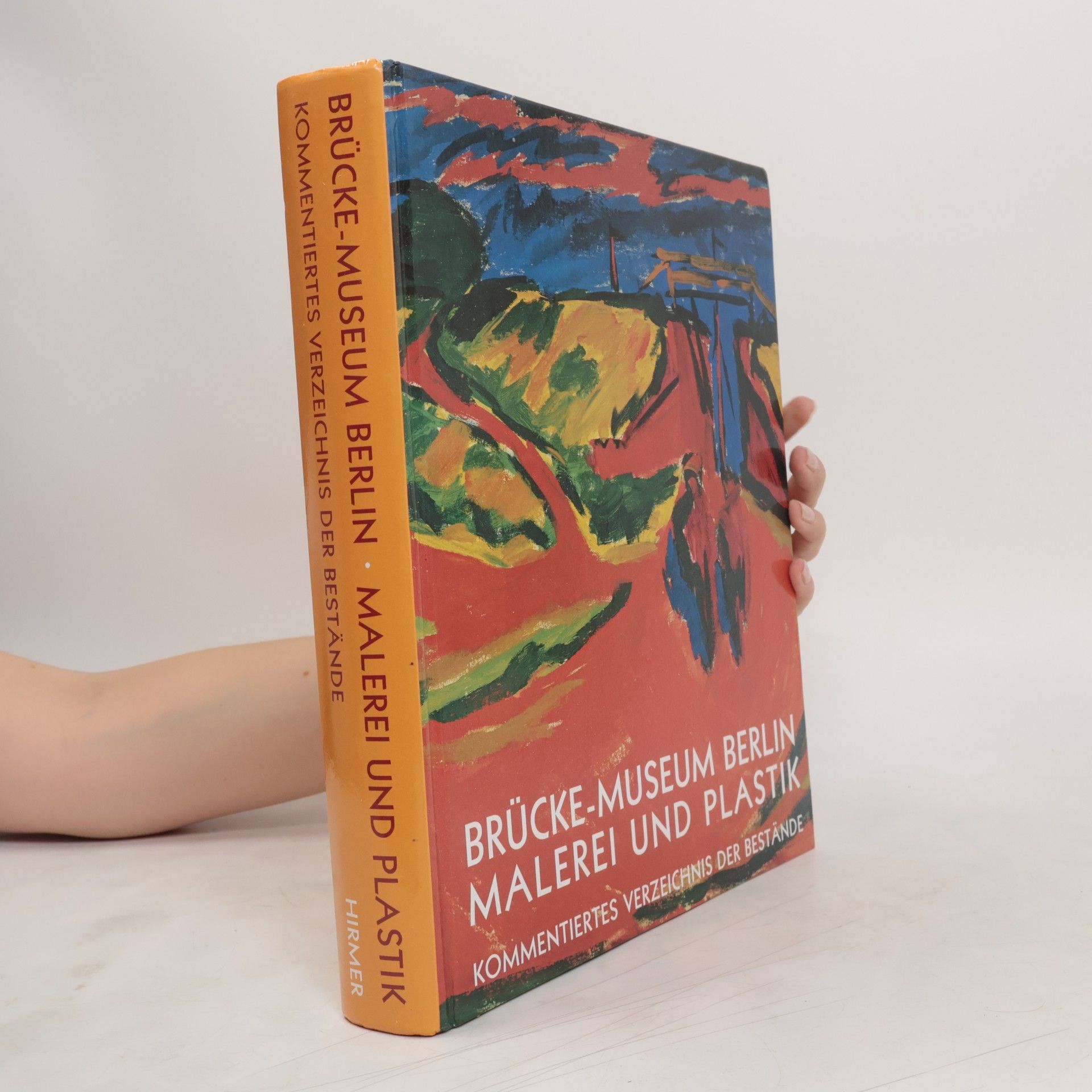The Bruecke-Museum in Berlin holds about 400 paintings and many sculptures of the Bruecke group of expressionist artists. Its collection is the most comprehensive worldwide, and contains paintings and sculptures by Karl Schmidt-Rottluff, Erich Heckel, Fritz Bleyl, Ernst-Ludwig Kirchner, Max Pechstein, Emil Nolde, Otto Mueller and Cuno Amiet. On occasion of the museums 100th anniversary, this volume documents the history of the Bruecke from its beginnings to its end. German text.
Mark Mueller Boeken
Deze auteur richt zich op thema's als eer en idealen in de hedendaagse wereld. Zijn stijl is vaak poëtisch en rijk aan beeldspraak, wat lezers een uniek perspectief biedt op innerlijke strijd en de zoektocht naar betekenis. Door middel van zijn werken verkent hij de grenzen tussen droom en werkelijkheid en daagt hij lezers uit om hun eigen waarden te overwegen. Zijn schrijven wordt gekenmerkt door zowel subtiele humor als een diep begrip van de menselijke natuur.
